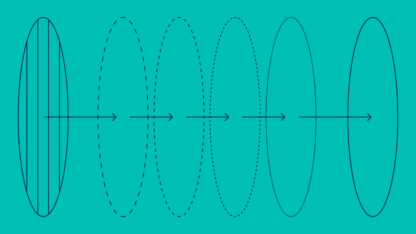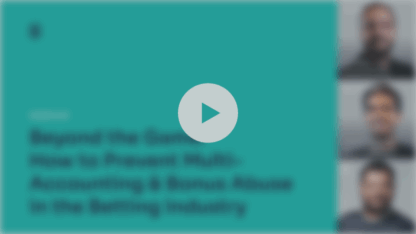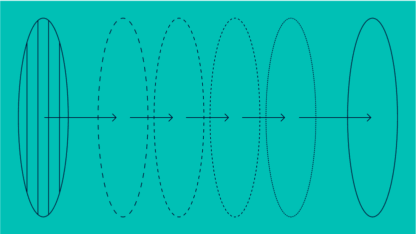The author behind FrankOnFraud.com, speaks to Jimmy about key skills to develop when starting out in fraud fighting, the importance of sharing knowledge, and topical scenarios being seen across the world today.
How do fraud managers share the best knowledge?
It can be difficult to share information without revealing your little trick but I do think you can share your techniques with each other without sharing your absolute rules.
You don’t want to share the parameters of your rules and things like that, but you can still share the technique that you used. There’s enough to share without being tight-lipped.
The second thing is just want to understand your audience. You don’t want to post your rules out on LinkedIn, where the public can view them.
If it’s a round table type of community, you can freely share your rules. I’ve run many round tables, where people are sharing information with each other but it can be so hard even in these round tables, where it’s all fraud fighters sitting in the room, to get people to share.
If we’re honest, it’s mainly because they’re worried what their boss is going to think if they share something and in my opinion, that’s actually nonsense because you’re with other fraud people you’re helping them. They’re helping you.
The more you communicate, the more they’re going to meet with you and give you good ideas. I just feel like in those groups, don’t be afraid to stand up and speak.
There’s too much fear of sharing which is not a valid fear. I just think it’s a fear of nothing so long as you’re in the right circles.
How can fraud differ around the world?
I’ve been fortunate enough to travel a lot during my career and the interesting thing about it is every country has the same issues, but there are just subtle nuances.
If you can understand the basics of fraud, you can go around the world and solve the same problems over and over again. One example of these nuances though could be seen in Japan, which had a lot of credit card fraud in the 2000s.
When we went to Japan, we were watching them work fraud cases. The thing that took me by surprise was that they would never actually pick up the phone and call anybody or straight block anybody.
What they would do is send an email to the customer and say, please, very respectfully, call the bank. And I was always like, why do you have to call? If it looks fraudulent, you have got to block that account!
But in Japan, it was just a taboo. You just would not disrespect the customer by blocking them (at the time anyway I don’t know if it’s changed now.)
A technique that I would follow is that if you have a credit card fraud block the customer’s account, call them right away, and make sure they have their card, but in Japan, it was very kind of a roundabout way.
In the end, they ultimately would block the account when they talk to the customer but that was just one of those things – culture can dictate fraud controls and you have to be sensitive to culture.
When you go around to different places, you can’t just make blanket recommendations that you made in the UK to Japan or vice versa because they just simply wouldn’t work.
What advice would you give to someone looking to start a career in anti-fraud?
Number one, if you love fraud, you’re going to be great at it. If you love exposing criminal work and diving into complicated schemes, just know you can make it work.
Number two, I’d say it was always taking on any opportunity. And this happens especially when you’re in a new job and people say, can anybody volunteer to do this?
I would always say yes because every time you say yes, it’s a learning opportunity and you’re just more valuable to the company.
I think that was probably the trait that really helped me the most is always volunteering, even if it seemed like a lot of work. And even if it seemed a little mundane, it was just another learning opportunity.
The third thing that I think I really had to hone in on was the communication through presentations, Excel sheets, and emails.
Knowing what to do is only half the battle knowing how to convince others in the organization, especially if you’re in a bank to do that is really the other half.
You really have to become an expert at creating compelling presentations, analysis, and arguments because half the time you’re just convincing people to do the right thing.
If you’re in fraud manager and you’re going to write a new fraud, you really have to understand that rule and be able to communicate that to anyone else in the company.
You have to look at all the accounts that it fires on and understand to a minute level of detail because the devil’s always in the detail.
I think that attention to detail in fraud is so critical because the name of the game in fraud is reducing false positives.








